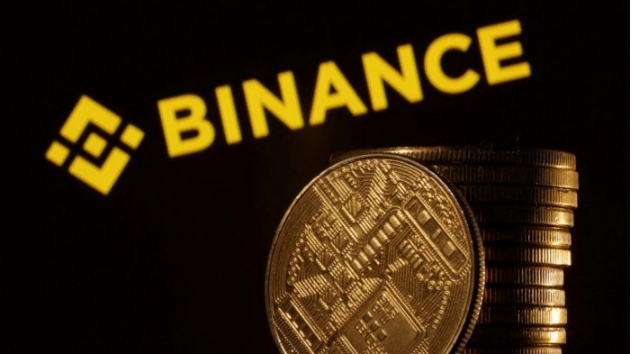Documents released by Israeli counter-terrorism authorities reveal that approximately 190 cryptocurrency accounts at Binance, the largest cryptocurrency exchange in the world, have been confiscated since 2021.
Among them were two accounts allegedly linked to the Islamic State, while dozens more were reportedly owned by Palestinian firms associated with the Islamist group Hamas.
This move highlights Israel’s ongoing efforts to crack down on terrorist financing through the use of cryptocurrencies, and reinforces the importance of increased regulation and scrutiny within the industry.
According to a Reuters investigation using evidence from Israeli counter-terror officials, on January 12, the National Bureau for Counter Terror Financing (NBCTF) issued documents signed by Defence Minister Yoav Gallant revealing that Israel froze two accounts held by a Palestinian man called Osama Abuoyada, who is 28 years old, that were related to the ISIS.
Impairing Islamic State’s Ability To Sow Terror
The NBCTF explained on its website that the seizure was made to “thwart the activity” of Islamic State and “impair its ability” to pursue its goals.
Neither the value of the cryptocurrency seized nor its connection to Islamic State were disclosed in the previously unreported NBCTF document.
Almost all of the roughly 200 accounts frozen belonged to three foreign exchange Palestinian enterprises operating in Gaza: Al Mutahadun, Dubai Company, and Al Wefaq Co., according to a second source.

Former Israeli defence minister Benny Gantz labelled Al Mutahadun a terrorist organisation after allegations that it sent funds to the terrorist organization Hamas.
Global regulators have long advocated for increased oversight of cryptocurrency trading platforms in an effort to prevent criminal activity like money laundering and the financing of terrorism.
The defence minister of Israel has the authority to seize and confiscate property it believes is linked to terrorism under Israeli legislation.
Israel Clamps Down On Dirty Crypto
Israel’s NBCTF’s confiscations are an example of how governments are cracking down on cryptocurrency firms to thwart criminal activity.
According to Hamas representative Hazem Qassem, Israel is making false accusations in order to “justify its economic war against Gaza and its people.”
Hamas announced last week that it would cease accepting crypto donations due to security concerns for its benefactors.
Donations made in bitcoin to the Islamic State were reportedly converted to cash using crypto trading platforms, according to a report from the U.S. Treasury last year.
The Treasury did not provide details on the systems in use. Abuobayda had two Binance accounts that Israeli police froze after discovering their ties to the Islamic State.
Meanwhile, Binance has issued a statement in reaction to the Reuters article that raised concerns about the exchange’s compliance standards regarding the prevention and handling of terrorist financing.
Binance said that a Reuters reporter had purposefully left out key details in order to conform to the company’s guidelines.
A crypto exchange’s adherence to compliance can truly be assessed by its ability to identify questionable deposits and the measures it implements to address them, Binance said.
“With regard to the specific organizations mentioned in the article, it’s important to clarify that bad actors don’t register accounts under the names of their criminal enterprises. This is why our team collaborates with law enforcement, and leverages information that is only available to them in order to identify individuals operating accounts for illegal organizations,” Binance said.
-Featured image from Getty










